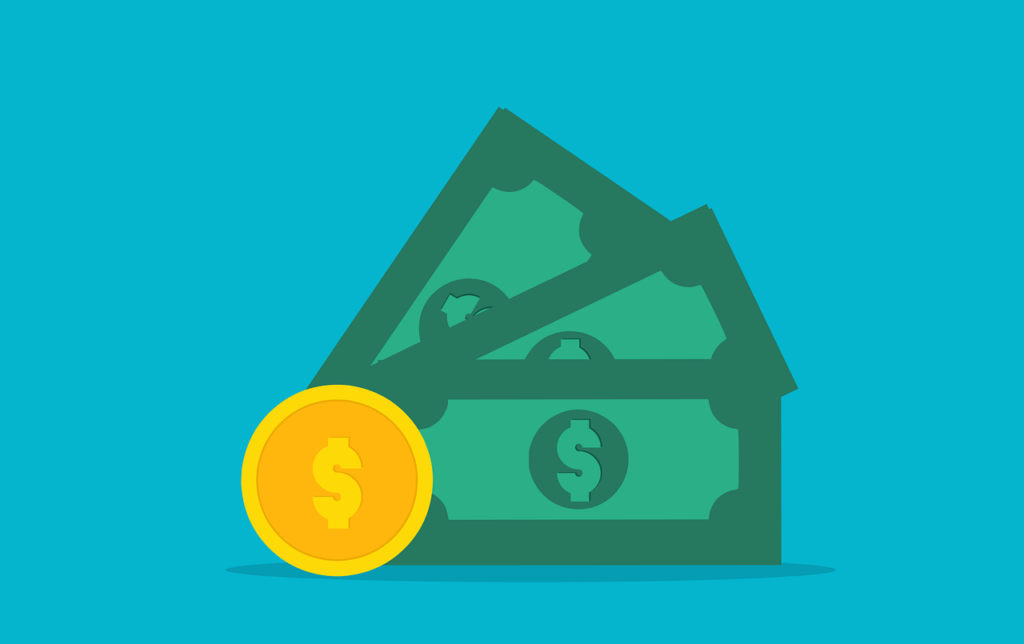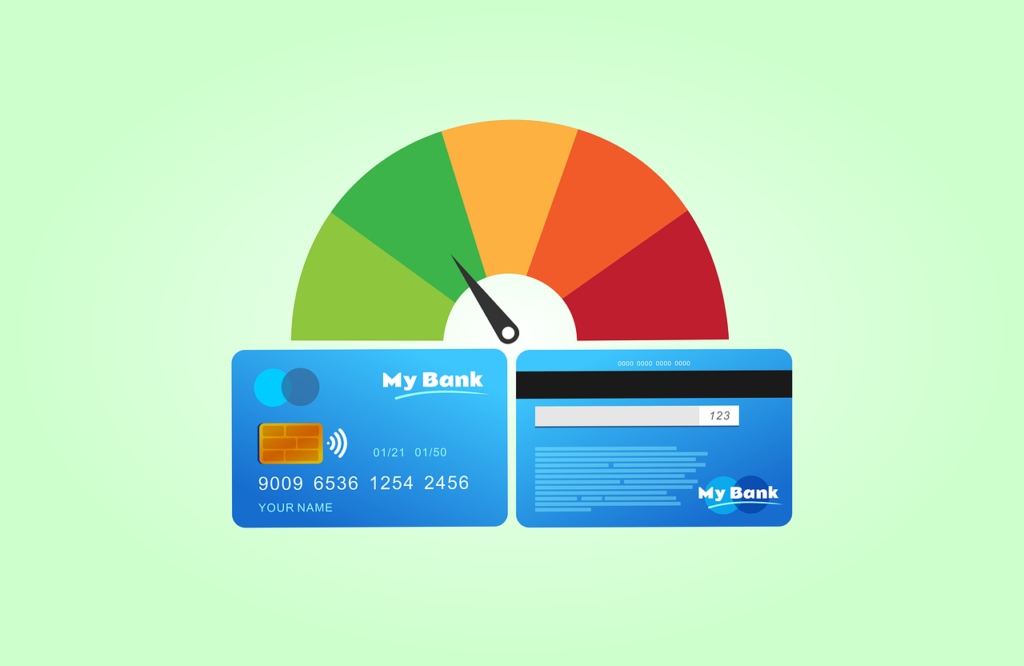Want to start improving your credit score now? Great, because there’s no time like the present! Understanding the significance of a good credit score is crucial in the realm of personal finance. It opens doors to numerous opportunities, from buying a home to securing a car loan. So let’s shed light on 5 practical tips and strategies that can help elevate your credit score in the year ahead.

5 Ways to Start Improving Your Credit Score Now
- 1. The Power of Timely Payments
- 2. Above and Beyond the Minimum
- 3. Utilization Wisdom – Stay Below 30%
- 4. Secured Line of Credit Mastery
- 5. Strategic Credit Lines – Quantity and Quality
1. The Power of Timely Payments
Consistent, on-time payments play a pivotal role in shaping your financial standing. A seemingly insignificant late payment can set your score back. Budgeting can ensure you can manage credit card payments without missing deadlines. When your budget is well worked out, you can more confidently explore practical ways to pay down credit card debt, like setting up automatic, recurring payments. To start improving your credit score now, take the time to organize yourself with a budget you’re comfortable with to make paying off your credit card less daunting and prevent the detrimental impact of a missed payment.
2. Above and Beyond the Minimum

Life is unpredictable, and financial curveballs are inevitable. But here’s a secret weapon – paying more than the minimum. Once you have a pretty reliable monthly budget outlined for yourself, try setting up automatic payments. These can act as your financial guardian by ensuring that, at the very least, your minimum required credit card or loan payment is paid on time, no matter what. Then, try channeling a little extra—even $20—towards your highest interest credit card or capitalized interest loan. Try to pay down a little more each month above and beyond the minimum. By doing this while keeping spending in check, you’ll start to see those balances tick downward.
3. Utilization Wisdom – Stay Below 30%
Ever heard of the 30% rule in the credit world? Understanding the 30% rule is key to managing your credit utilization rate effectively, which can help you to start improving your credit score now.
Of course, you can use more than 30% of your available credit, but doing so is likely to affect your credit score. In theory, that’s because it generally tends to make lenders view a borrower consistently using that much of their available credit as potentially problematic. As a result, your credit utilization rate is a key aspect of establishing financial reliability.
4. Secured Line of Credit Mastery
For those just starting their credit journey or wrestling with overspending demons, a secured line of credit can be a beacon of financial discipline. This can be done with a credit card or with a loan.
With a secured credit card, the lender will require you to pay a cash security deposit when you open the account. Typically, you won’t be able to spend more on the credit card than the amount that was paid as a security deposit. This is a great way to build credit. It’s also a great way to combat a pesky spending habit. Even if you have a great credit score, if you ever find yourself struggling with spending more than you should (or even would like), using a secured credit card can help you right your financial ship and press the “reset” button on spending habits.
With a secured loan, you pledge an asset as collateral (AKA in case you don’t pay, the lender can take your assets instead). The lender then has a lien against your asset. Since the lender knows you’ve pledged an asset, deciding to lend to you is then considered to be lower risk for the lender than if they otherwise extended a loan without any collateral.
Secured lines of credit can be a useful tool to start improving your credit score now.
5. Strategic Credit Lines – Quantity and Quality

Opening multiple lines of credit can be a double-edged sword. While it enhances your credit score, it might make lenders skeptical of your financial stability. Striking the right balance is an art and a science. It’s important to try to expand your lines of credit only periodically—like once per year—in order to avoid triggering any alarm bells. Timing and spacing when expanding your credit profile is crucial when trying to build up your score.
In the complex landscape of personal finance, navigating credit scores is a pathway to financial empowerment. Remember that your credit score is more than a number – it reflects your financial acumen. Armed with this wisdom, step confidently into the future, equipped to begin navigating your journey to an improved credit score. Start improving your credit score now – approach it with the confidence born out of fiscal responsibility and empowerment.
